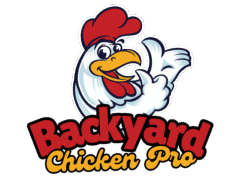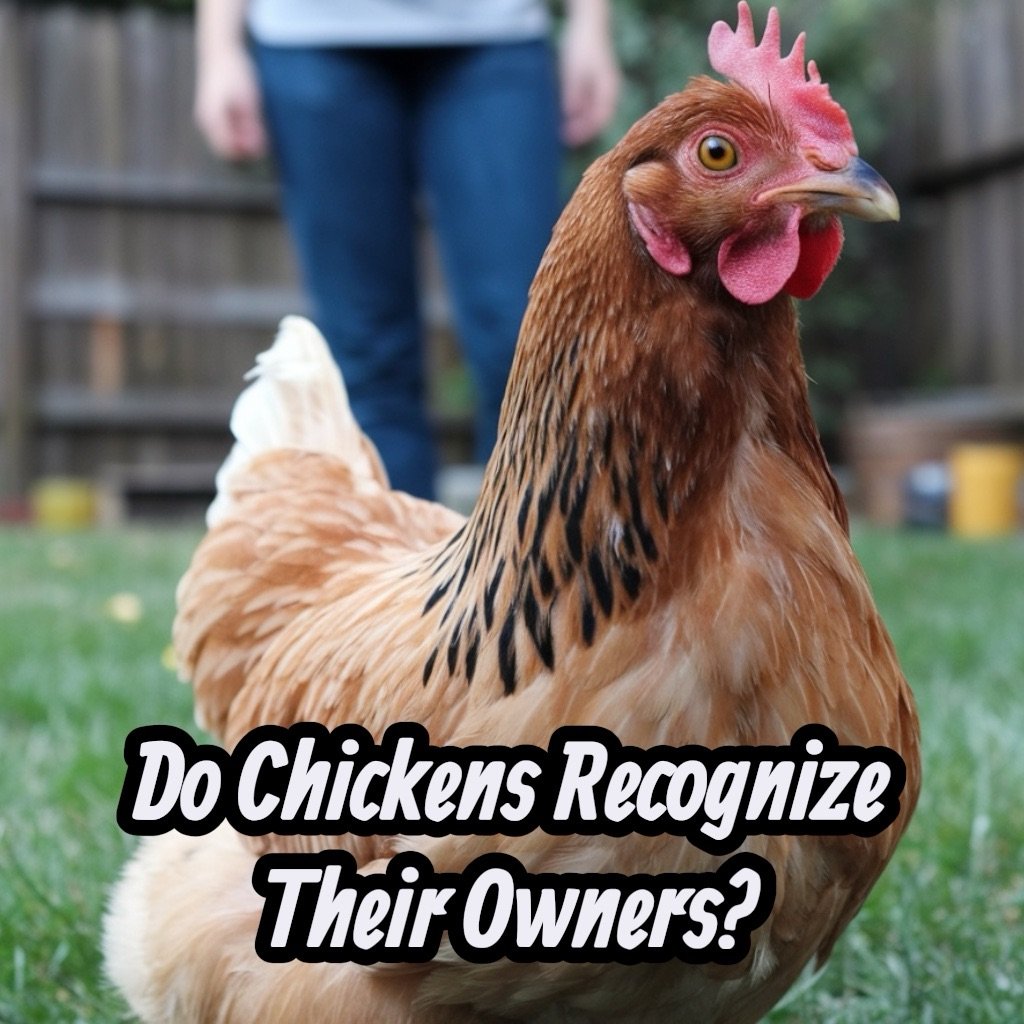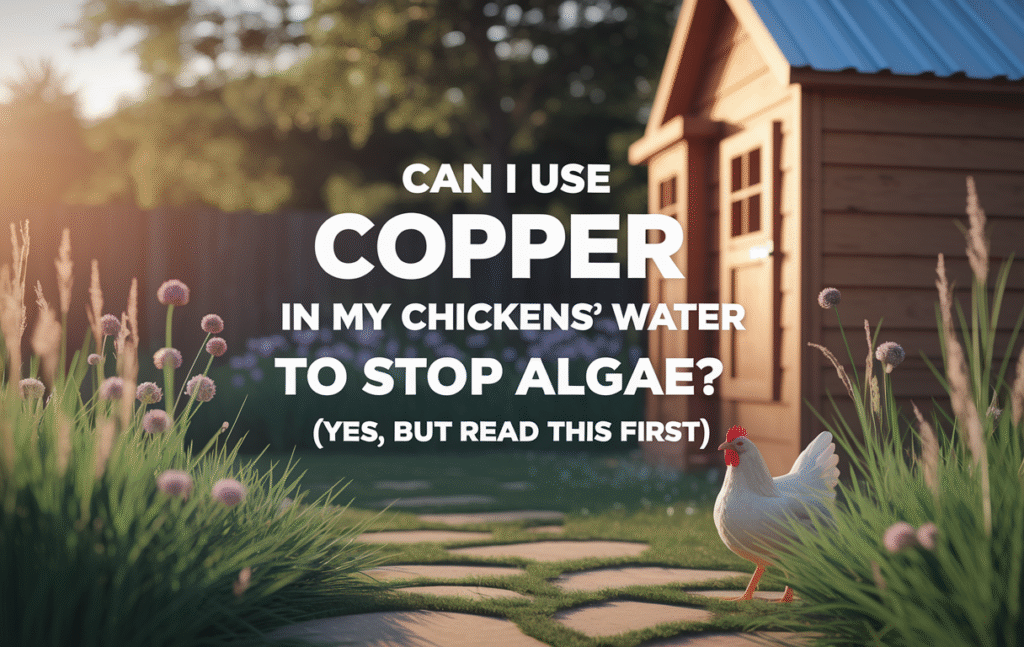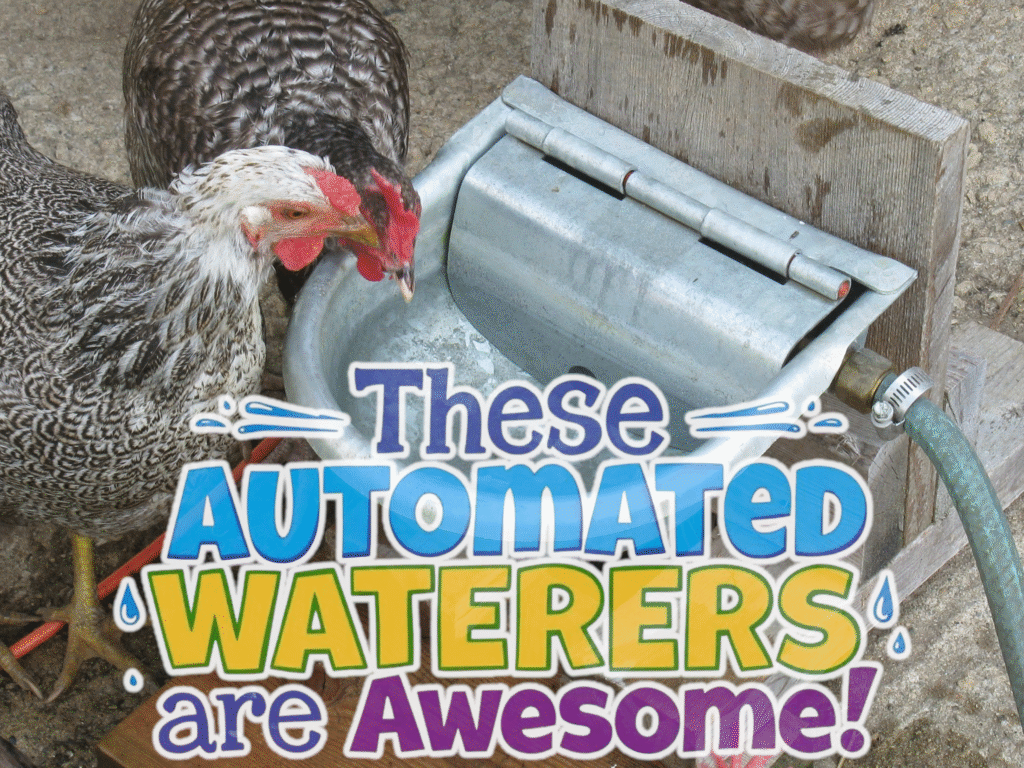How I Know My Flock Knows Me
If you’ve ever had a hen sprint toward you from across the yard, wings out like a little dinosaur, you know the feeling. I’ve raised chickens for decades, and the question I hear most often is, “Do chickens recognize their owners?” I smile because I’ve seen it with my own eyes thousands of times: the way a hen softens her clucks when I talk, the way a rooster steps aside to let me pass, the way the youngsters learn my footsteps before they ever see my face.
I’m not special—just consistent, patient, and a little chicken-obsessed. The bond you build is real, and it makes your daily care easier, safer, and a lot more fun. Let’s dig into what’s happening when your birds “know” you, how to strengthen that recognition, and what to watch for when things feel off.
Do Chickens Recognize Their Owners? The Real-World Answer
Yes—chickens do recognize their owners. Not in a sentimental Hallmark-card way, but in a practical, memory-based, sensory way. Chickens are sharp. They notice your voice, your shape and height, your walk, your clothing colors, your scent, and most of all, your routine. Over time, that recognition becomes trust.
Here’s the nuance: when we ask, “Do chickens recognize their owners?” we’re really asking if their brains make a reliable connection between a specific human and safety, food, comfort, and predictable behavior. The answer is absolutely, and you’ll see it in how they greet you, how calm they are around you, and how they respond to your cues.
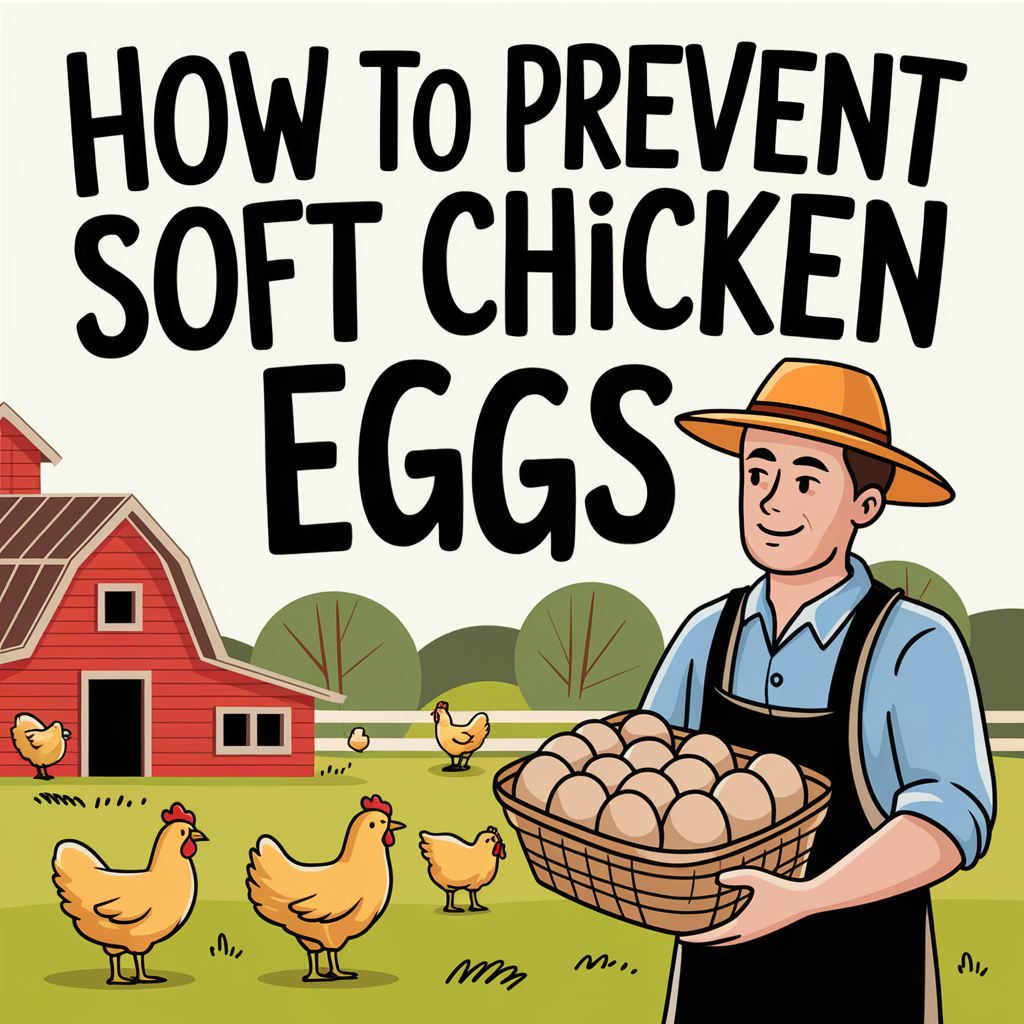
The Science Behind Chicken Recognition (In Plain English)
I love the science here because it validates what keepers see every day.
– Visual memory: Chickens have excellent color vision and can distinguish faces—bird faces for sure, and they can also differentiate human faces and silhouettes. They notice hats, jackets, and boots. Change your look and you might confuse them briefly until your voice and movement confirm it’s you.
– Auditory cues: Your birds map your voice, words, and cadence to meaning. Call “Chick-chick!” the same way every day and they’ll come running. Ask yourself again: do chickens recognize their owners? Your voice is a big reason they do.
– Social intelligence: Chickens remember where they rank, who feeds them, and who handles them gently. Recognition is survival tied to social memory.
– Routine sensing: Chickens are incredible timekeepers. Feed and lock up at the same time and they’ll anticipate you before they see you. When your routine is consistent, recognition deepens.
How Your Birds Show They Recognize You
If you’re wondering “Do chickens recognize their owners?” look for these signs:
– They approach you without hesitation and lower their body language.
– They vocalize differently—soft trills, chatters, purrs—when you talk.
– They let you pick them up (or at least don’t panic when you kneel nearby).
– They follow your feet, not just your bucket.
– They eat from your hand and linger after treats are gone.
– They preen, dust bathe, or even doze near you—relaxed behavior is trust.
– Roosters yield space, avoid charging, and use soft tidbitting calls around you.
On the flip side, if your flock scatters, flattens, or screams when you appear, they don’t recognize you—or don’t trust you—yet. That’s fixable.

Bonding: Simple Ways to Help Chickens Recognize You Faster
Consistency beats everything. Here’s how I speed up recognition and trust:
– Use a signature call. Choose a short phrase and keep it identical every day.
– Keep your routine predictable. Same times, same steps, same gate.
– Kneel and keep your movements slow and low; don’t loom over them.
– Hand-feed small, healthy treats. I often use mealworms sparingly—high-value, easy to count, and great for training.
– Pair your presence with comfort. Fresh water, clean bedding, adjusted perches—your birds notice who makes life better.
– Let the curious birds lead. Braver hens teach the others you’re safe.
When treats are part of your bonding plan, keep nutrition balanced. If you want a treat that trains quickly and doesn’t wreck the diet when used wisely, a small portion of mealworms is fine. If you need a quick guide and source, I’ve shared thoughts on mealworms for chickens—including how to avoid overdoing it.
Routine Care That Reinforces Recognition
Recognition isn’t just “Will they come when I call?” It’s “Do they feel safe with me?” So I weave bonding into care they can count on:
– Water that’s always fresh: Birds make a mental link between your visits and clean water. I can’t overstate how much easier life got when I switched to automatic chicken waterers. Less mess, fewer refills, and birds always have a clean supply. If you struggle with green scum, here’s how to stop algae in chicken water naturally. Curious about old-timer tricks like copper? This breakdown on using copper in chicken water explains what helps and what doesn’t.
– Winter water: When it’s cold, warm support cements trust. A reliable heated setup prevents desperate pecking at ice. I’ve had great results with a heated water bowl in winter.
– Nesting comfort: Happy layers associate you with quiet, safe nests. If you’re tired of hide-and-seek eggs, this nesting box setup saved me many miles—and arguments with the shrubs.
Nutrition, Health, and Trust: The Quiet Keys
When birds feel good, they act brave—and recognition blossoms. I consider these non-negotiable:
– Grit: If your chickens have access to anything besides crumbles/mash (and most do), they need grit to grind food. Here’s why grit is non-negotiable and how to size it right.
– Calcium: Layers need free-choice calcium. I’ve seen eggshells improve in a week with oyster shells. If you’re wondering about the difference between grit and calcium, this side-by-side on grit vs. oyster shell clarifies it.
– Parasite control: Even sweet birds act skittish when they’re miserable. If you suspect external parasites (excessive preening, pale combs, creepy-crawlies on the vent), act fast. This is the approach that finally worked for me: how to treat mites in chickens.
When your hens feel better, they’ll act like themselves again—and “Do chickens recognize their owners?” becomes a happier question, because recognition shows up as calmness and cooperation.
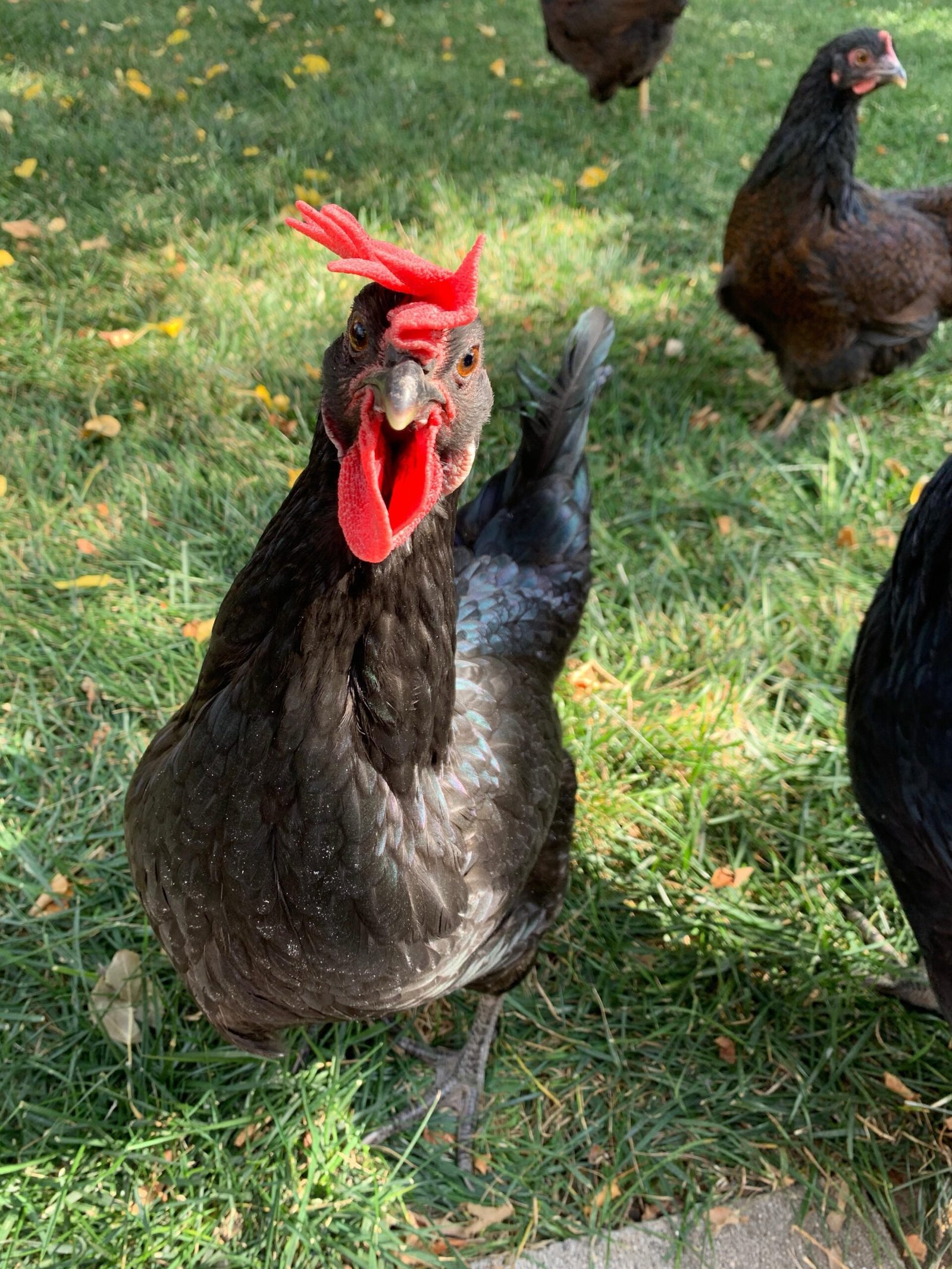
When It Seems Like They Don’t Know You: What Might Be Going On
Sometimes you’ll swear your flock forgot you overnight. Before you worry, scan for these common disruptors:
– Molting: Pin feathers are tender; birds can be crabby and hands-off. Recognition is still there—they’re just uncomfortable. Give them space, protein-rich feed, and kindness.
– Broody hormones: A broody hen guarding a nest may puff up or peck even if she adores you. It’s not personal, and yes, she still recognizes you.
– Predator scare: After a near-miss, even tame birds can go jumpy. Go slow for a few days, keep your voice soft, and rebuild routine.
– Illness or parasites: Sick birds withdraw. Check comb color, crop, poop, appetite, and body condition. Mites and lice can crater trust by making every touch hurt.
– Season and daylight changes: Short days can change mood and egg output. If laying slows or stops and you’re not sure why, this guide on why your chickens aren’t laying eggs—and how to fix it walks you through the true culprits, from daylight to diet.
– Rooster behavior: Roosters are protectors and can misread you after changes (new hat, big jacket). If nighttime crowing ramps up, here’s why roosters crow at night and how to calm them.
Recognition doesn’t vanish easily. It can hide beneath discomfort, fear, or hormonal swings. Your job is to restore safety and predictability.
Chicks vs. Adults: Earning Recognition at Different Ages
– Chicks: They imprint hard on routine and the source of warmth, food, and safety. A steady voice and gentle presence mean they’ll recognize you quickly. Use a small, consistent cue each time you feed or refresh water.
– Adult rescues: These birds often have baggage. Start with hands-off routines—sit, talk softly, toss treats, and let them approach you. Recognition blooms when they learn you’re different from what hurt or scared them before.
– Mixed-age flocks: Brave pullets teach the others you’re okay. I often “hire” my friendliest hen to be my ambassador during treat time.
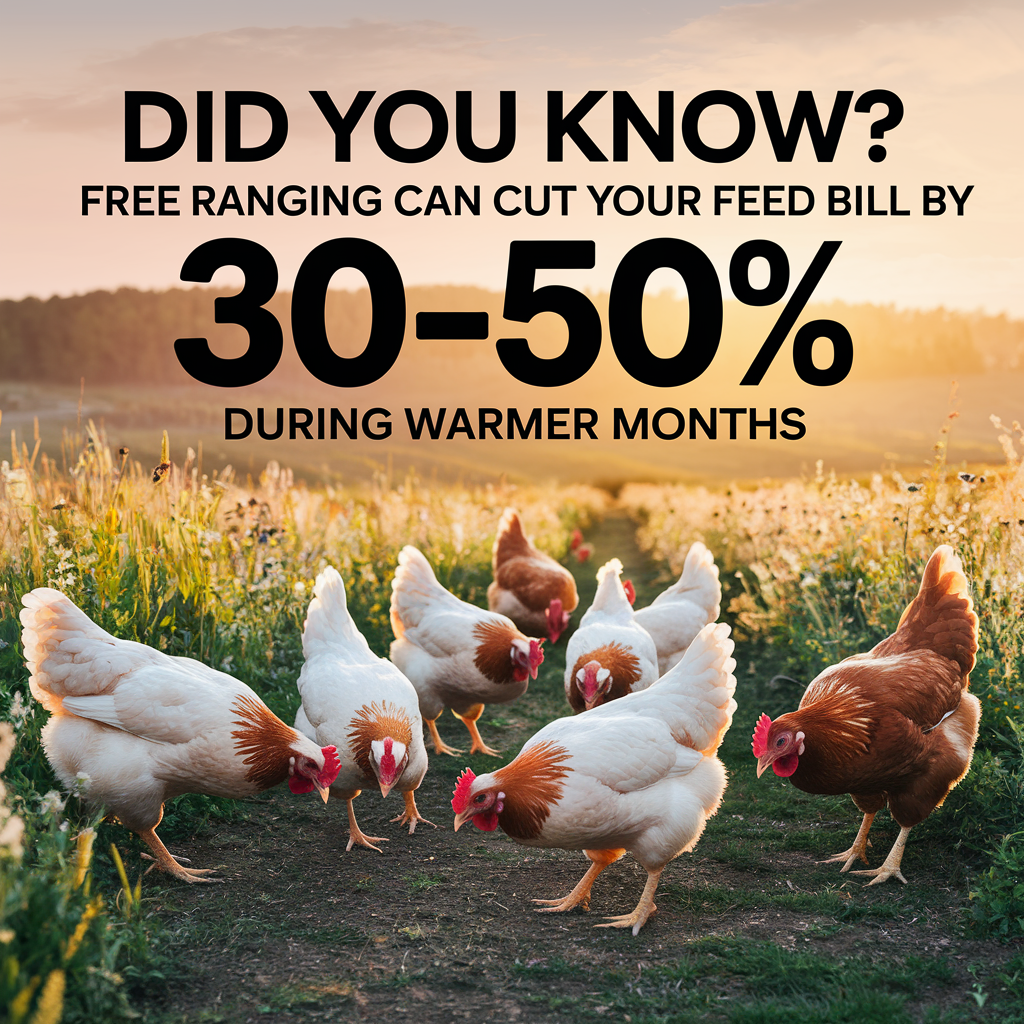
Environment Speaks: Setups That Help Birds Know You’re Safe
Your setup can either shout “chaos” or whisper “comfort.” If you’re working hard on trust, these details matter:
– Water that’s clean and dependable: Birds notice when your arrival equals better water. As mentioned, automatic waterers make your care more consistent (and your birds pick up on that). Keep it clear with an algae-prevention routine so every visit means “Ahh, fresh.”
– Warmth without stress: In cold climates, your goal is draft-free, dry, and appropriate ventilation—not a sauna. If you’re unsure what’s necessary, here’s a helpful take on whether chickens need heat in winter. When in doubt, focus on dryness and airflow, with a no-electricity warmth plan when power or budget is limited.
– Nests that invite, not frustrate: Tight, dim, and comfortable nests reduce egg drama and egg-eating behavior. If you’re still hunting for eggs, try the nesting box system that ended my egg hunt.
When birds see that a specific person shows up and makes the environment right, they log that. Over time, this quiet, predictable care answers “Do chickens recognize their owners?” with a living, breathing yes.
Reading Body Language: The Subtle Conversation
I treat every chicken like a new coworker: read the body language and match the energy.
– Calm eyes, slow blinks, low posture, soft clucks = comfortable recognition.
– Tight feathers, raised hackles, hard eye, tail flat, rapid movements = stress.
– Wing drop and half-squat near you = trust and sometimes submission.
– Tidbitting calls from roosters while you stand nearby = high trust around you.
Your posture matters, too. A knee on the ground, a hand open with treats, and a soft voice can reset a fearful moment in seconds.
Frequently Asked Questions About Recognition
– Do chickens recognize their owners after time away?
Yes. Familiar voice and routine bring recognition back quickly. If you’ve been gone, kneel, speak softly, and reintroduce treats for a few days.
– Do chickens recognize their owners if they change clothes or wear a hat?
They may balk. Keep your voice and call consistent. After a minute, they’ll usually connect the dots. The more often they see you in varied outfits, the better.
– Do chickens recognize their owners at night?
Vision is limited in the dark, so they lean on voice. Use your calm call and move slowly with a dim light. Avoid startling roosting birds.
– Can chickens recognize multiple people?
Yes. They can tell you apart from your partner, kids, or neighbors based on voice, gait, and behavior. Each person builds their own trust account.
– My birds know me but sometimes act jumpy—why?
Season, predators, molting, broodiness, illness, or even a new jacket can throw them off. Rebuild with routine and gentle handling. Check health if the change is sudden. If laying has changed too, see why hens stop laying and solutions.
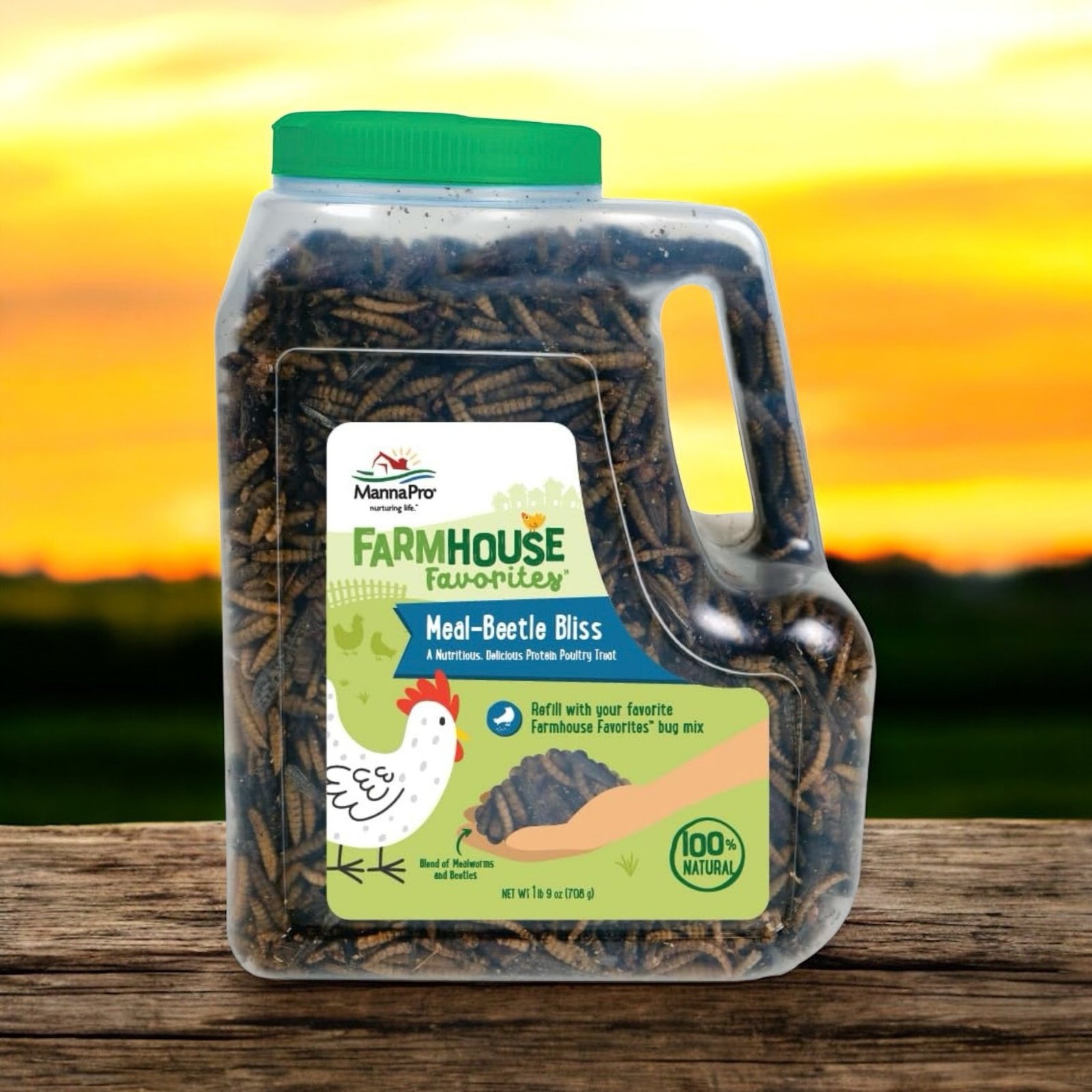
Troubleshooting Trust: A Weeklong Reset Plan
If your flock seems unsure, try this simple seven-day reset. It’s my go-to when I bring in new birds or after a scare.
Day 1–2:
– Sit outside the run for 10 minutes at feeding time. Talk softly. Same call, same time.
– Toss small treats and leave. Don’t push contact.
Day 3–4:
– Enter the run, kneel, and let the bravest birds approach. No grabbing—hands palm-down, visible, and still.
– Replace water in front of them so they link you to fresh.
Day 5–6:
– Hand-feed a few treats. Pair with your name call.
– Do a quick coop tidy while they’re nearby (calm, efficient movements).
Day 7:
– Gently pick up one friendly bird for a few seconds, supporting feet and breast. Set her down before she wriggles. End on success, not struggle.
Layer this plan on top of dependable care—fresh water, balanced feed, grit, oyster shell, and clean nest boxes—and you’ll be amazed at how quickly the flock’s confidence in you returns.
What Recognition Feels Like (And Why It Matters)
On my best mornings, before I even open the coop, I hear the soft choir—little murmurs that shift when I say, “Good morning, ladies.” That’s recognition. It’s not just that they want food; it’s that they anticipate the way I move, talk, and care for them.
And that recognition pays off:
– Easier health checks and quick exams.
– Calm roost lockup at night.
– Safer free-ranging because they come when called.
– Less stress for everyone.
For convenience that keeps the bond strong, consider small tweaks that build consistency. A dependable auto waterer, a routine for preventing algae, and a simple calcium station with oyster shells make your daily visits a highlight for them—and you.
A Gentle Challenge For This Week
For the next seven days, keep a short log:
– Your daily call phrase
– Feeding and water times
– A tiny “trust action” (kneel, hand-feed one treat, slow blink, gentle pick-up)
Then ask yourself at the end of the week: Do chickens recognize their owners? Watch who comes running first, who lingers at your boots, and who starts talking back when you talk to them. Recognition is built moment by moment, and it shows up in the sweetest ways—a lowered head, a soft trill, a hen choosing your lap over the dust bath.
If you meet them with patience and predictability, your flock won’t just recognize you—they’ll rely on you, and that’s one of the best feelings in the world.
As an Amazon Associate we earn from qualifying purchases through some links in our articles.
